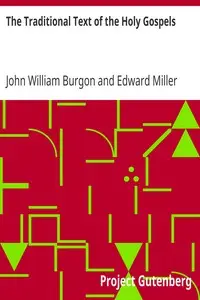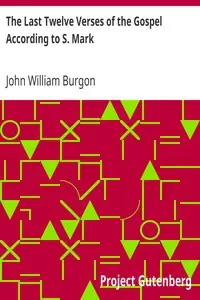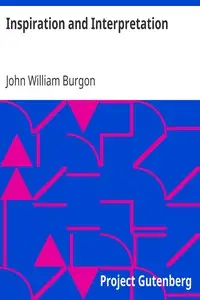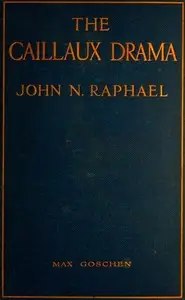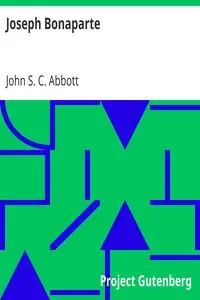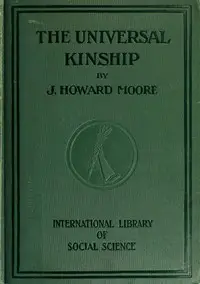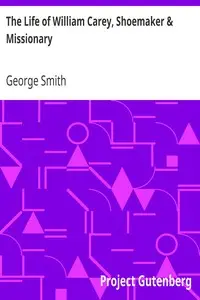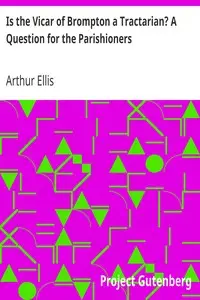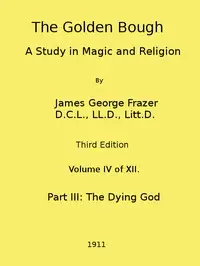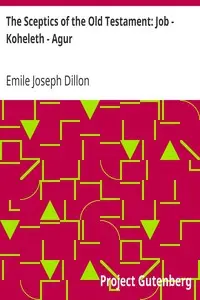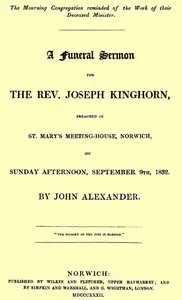"The Causes of the Corruption of the Traditional Text of the Holy Gospels" by John William Burgon is a scholarly examination of textual corruption in the Gospels, written in the late 19th century. This work serves as a sequel to Burgon’s prior analysis of the traditional text, delving into the various factors that have led to the distortions found within the sacred writings. The text aims to systematically identify the sources and types of corruptions and to argue for the preservation of the traditional Gospel narratives in their most authentic form. The opening of this treatise introduces readers to the background and context of Burgon’s arguments, beginning with a preface by Edward Miller, who arranged and edited Burgon's writings posthumously. This section addresses critiques of the author’s previous volume while expressing gratitude for both support and constructive criticism from the academic community. Burgon sets the stage for his discussion on textual corruption, asserting that errors permeated the earliest manuscript copies of the Gospels due to both accidental factors and intentional alterations motivated by doctrinal biases. He presents an analysis that not only emphasizes the historical significance of the traditional texts but also prepares readers for a detailed exploration of the various causes of textual corruption that follows, promising to uncover the complexities of how these distortions occurred. (This is an automatically generated summary.)
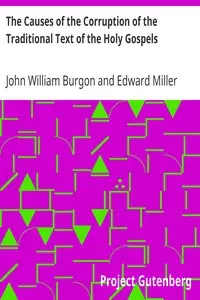
The Causes of the Corruption of the Traditional Text of the Holy Gospels Being the Sequel to The Traditional Text of the Holy Gospels
By John William Burgon
"The Causes of the Corruption of the Traditional Text of the Holy Gospels" by John William Burgon is a scholarly examination of textual corruption in ...
Genres
Released
2007-04-16
Formats
epub
epub3 (images)
mobi (images)
epub (images)
mobi
Free Download
Overview
About the Author
John William Burgon was an English Anglican divine who became the Dean of Chichester Cathedral in 1876. He was known during his lifetime for his poetry and his defense of the historicity and Mosaic authorship of Genesis. Long after his death he was remembered chiefly for his defense of the Byzantine text-type and continued ecclesiastical use of the traditional Received Text.
Total Reviews
10.0k
Total reviews from Goodreads may change

